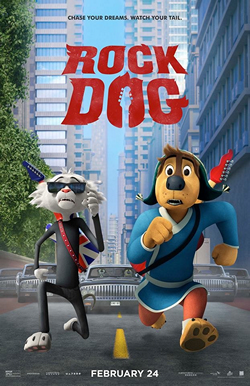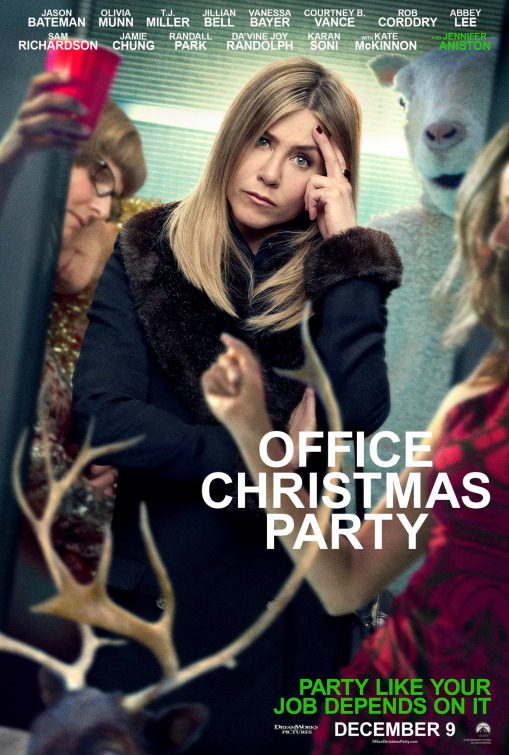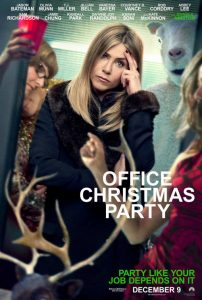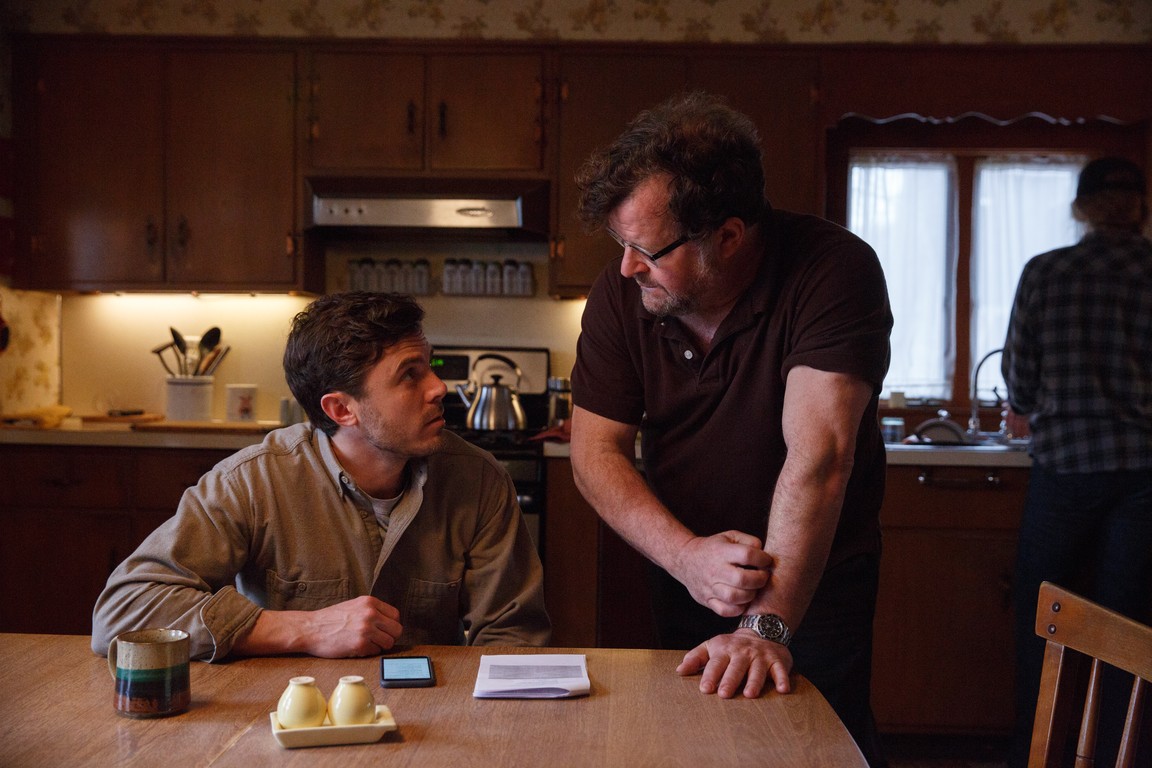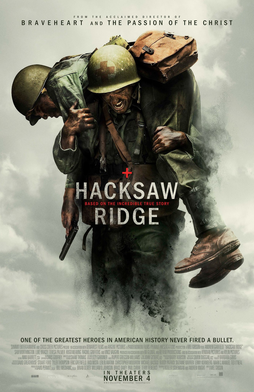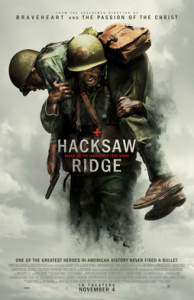Interview: Ash Brannon, Director of “Rock Dog”
Posted on February 24, 2017 at 2:42 pm
Ash Brannon directed “Surf’s Up” and co-directed “Toy Story 2,” two of my favorite animated films. He took on quite a challenge writing and directing the endearing new international production “Rock Dog,” inspired by a Chinese graphic novel about a sheepdog from Tibet who wants to be a musician. I was lucky to get a chance to talk to him about it.
Like the surfing penguin story “Surf’s Up,” “Rock Dog” is the story of an animal character who is passionate about something unusual for his species. “Characters with big dreams, impossible dreams, those are always a place to start when you are making the movie, aren’t they?” Brannon said.
He especially enjoyed working on an international production that came from China. “I hadn’t heard of the comic book. It was very big in China but not outside of China so the producer on the show told me about it and I was kind of intrigued by the challenges of the show. Doing something with fewer resources of time and money and a chance to build my own front-end team to put the story together. Also, I thought it would be fun just to work with some different cultures and discover what we have in common, what we don’t have in common when it comes to making movies, and so that’s kind of the long and short of it. The pleasant surprise was that stories like this work pretty much all over the world. Especially the musical theme shows music as universal, a thing we all have in common. It’s a really magical story, too. When you see a kid bang on pots and pans or strum a guitar or play the keys on a piano for the first time and discover that they can make sounds and eventually pleasing sounds that can really touch the hearts of people, that’s an amazing magical thing. And so, I wanted to tap into that and I discovered in working with the Chinese artists that they feel the same way. So, it was nice to kind of transcend some boundaries in making this movie.”

The film is inspired in part by the real life of the rock star who wrote the graphic novel. “He’s pretty much like Bodi in this story. He was going to go into international finance. He was in business school and then he heard a Bruce Springsteen song one day in college. This is back in the 80s or 90s, so you can imagine what kind of bootleg it takes to get Springsteen songs into China, but he fell in love with music and asked permission from his mom and she said, ‘Yes, go follow your dream.” He went off to Beijing, taught himself music. He was busking in the parks and he went from a very, very modest beginning to quite a fortunate career.”
The look of the movie is also very different from the graphic novel. “One great gift that Michael gave the team, because it was entirely an American team of artists who put the movie together, was his generosity and his trust in letting us go where we thought we needed to go and adapting the graphic novel and that extended to the designs. One reason we had to kind of depart from it was to simplify the characters because of our budget and make sure that nothing was too complicated so everything went in a simplified direction for that reason.”
One of my favorite things in the movie was the opening sequence, done in a dreamlike collage style. “It was something that the partners in China really wanted. I think they liked the opening of ‘Kung Fu Panda,’ for example, kind of a 2D graphic style. We really wanted to set up very quickly and bring you into the story almost like a book to help you understand the setup of this village of sheep and the guard dog and how Bodi’s father ended up locking up these musical instruments away for fear that his son would stray from the path of making sure he grew up and became the next guard to protect the sheep. So, it was a nice shorthand way of doing that and that’s kind of how we approached the opening.”
The rock star voiced by Eddie Izzard in the film lives in a fabulous mansion, and Brannon explained that they took advantage of one of the benefits of animation — there is no limit to imagination because what they create does not have to built. “We had a fantastic art director named Christian Schellewald who I met at DreamWorks and I let him run with the concept of what a rock star’s house must look like when money is no object. So we went outlandish with the enormous waterbed and the massive living room and the over-the-top music recording room. It was fun just to do things you can only do in animation that would look kind of crazy in live action.”
He said that in casting the voice actors, who include Sam Elliott, Luke Wilson, and JK Simmons, “naturalism is key. I really like actors who embrace improvisation and who can really act through their voice only. I mean when you think about it, live action actors bring so much to their performances visually, right? Their facial expressions, gestures, and so forth and their looks. When you take all that away sometimes actors don’t have anything left. So I look for actors who can really bring a texture that is interesting to listen to, people who can emote entirely with the voice alone.”
The movie features a rock ‘n’ roll park based on a real-life park in Japan. “These kids are amazing, as talented as anybody who’s getting record label deals. They are singing their hearts out. You can go anywhere even in America and you find these musicians in New York or LA, San Francisco, anywhere they have such passion for making music you almost feel like if they could not make music they wouldn’t survive, it’s like breathing for them or eating or drinking. So, that was the thing that struck me and its universal. People need to make music. It’s part of what sustains us on earth. And that’s the feeling I wanted in our movie.”

